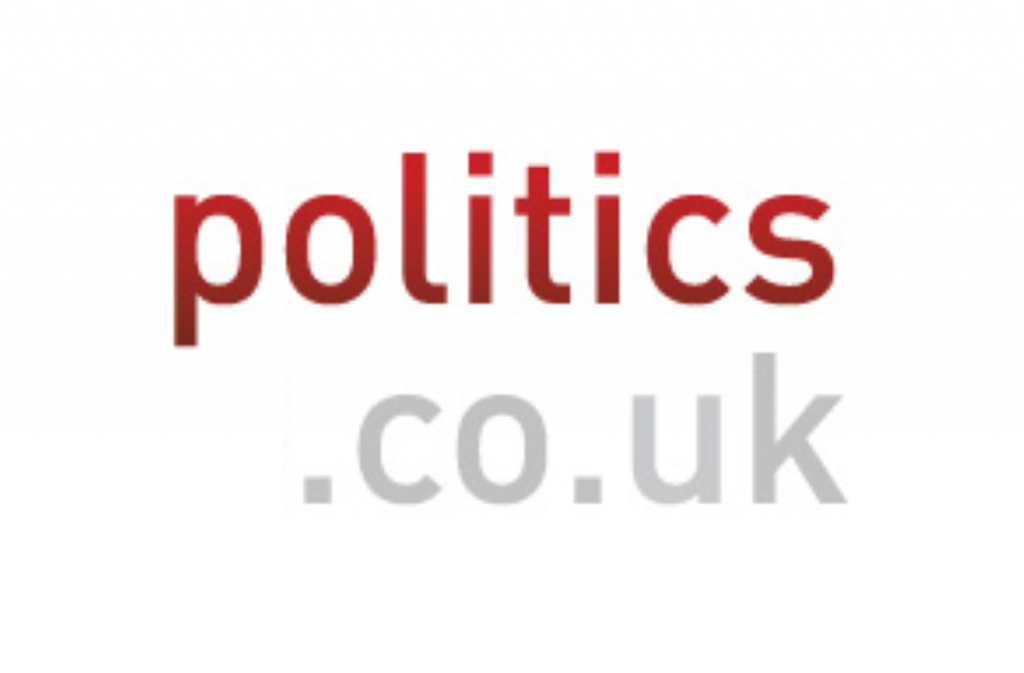Young people ‘have easy access to drugs’
The government should rethink its policy of using high prices to curb the use of cigarettes but not alcohol, a new report concludes.
A review of a number of recent surveys, published in the British Medical Journal (BMJ), finds young people in Britain have little difficulty getting hold of alcohol or cigarettes, or other types of drugs.
It suggests that raising the costs of drink and tobacco could influence young people’s behaviour, but the current government policy on this is inconsistent as it keeps cigarette prices high to stem demand but rejects this option with alcohol.
The review finds about 80 per cent of 15-year-olds say alcoholic drinks are very or fairly easy to obtain, and while many of these get friends and relatives to buy them, a “substantial minority” of 15-year-olds said they can buy alcohol from pubs, off licences or shops.


The study also shows young smokers have few problems breaking the law, with most regular smokers aged 12 to 15 saying they buy cigarettes from shops.
The figures on drugs are perhaps more worrying, with about a quarter of 15-year-olds saying cannabis can be easily bought at school. At least one in ten claim to have been offered heroin, cocaine or crack.
While the public health specialists from Scotland who conducted the review admit the state cannot directly influence the street prices of illegal drugs, they say the prices of tobacco and alcohol can be regulated – and could well affect people’s demand.
In addition, it says there is “good evidence” that minimum purchase ages can reduce sales of both alcohol and tobacco, although it notes this is more effective in the latter case.
But the BMJ report notes that state control of markets is “only part of the picture”, as young users of all drugs tend to get them through social sources. It is only when they establish their habit that they begin to be affected by issues such as cost in shops.
It calls for more research into the issues, but concludes that the government must make up its mind about how it uses tax policy to influence demand.
“Our review highlights some inconsistencies between current policy and the available scientific research. For example, the UK government has kept cigarette prices high but has rejected the use of price controls to influence demand for alcohol,” it says.
Liberal Democrat health spokesman Steve Webb said it was “very worrying” that young people have such apparently easy access to tobacco and alcohol.
But why he calls for a tougher crack down on those who sell such products to children, he says parents must take responsibility for their children’s health and safety.












